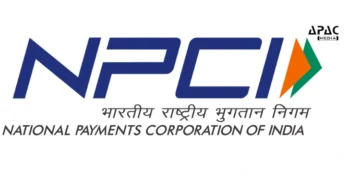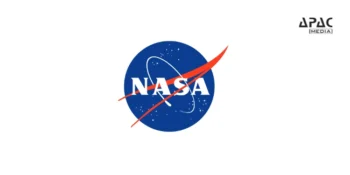New Delhi: The Union government has launched the rollout of 14,028 electric buses under the PM e-Drive Scheme, targeting high-density urban areas across the country.
The move, aimed at reducing reliance on fossil fuels in public transport, comes with a financial outlay of Rs 10,900 crore and a two-year implementation window from April 2024 to March 2026.
Key Cities to Receive Majority of Fleet
According to the Ministry of Heavy Industries, major cities with significant public transport demand have been prioritised. Bengaluru is set to receive the largest share with 4,500 electric buses, followed by Delhi (2,800), Hyderabad (2,000), Ahmedabad (1,000) and Surat (600).
The allocations were finalised during an inter-ministerial review meeting chaired by Union Minister for Heavy Industries and Steel H D Kumaraswamy. Representatives from Karnataka, Telangana, Delhi, and Gujarat attended the meeting to assess state-level preparedness and align deployment strategies.
Focus on Urban Mobility, Last-Mile Connectivity
Officials stated that the PM e-Drive Scheme is designed to support state transport undertakings by offering financial and technical assistance. The primary objective is to facilitate a shift from diesel and petrol-based buses to electric alternatives, thereby reducing urban pollution and improving the commuter experience.
The initiative also seeks to enhance last-mile connectivity and bring scale and uniformity to India’s public transport electrification efforts. The Ministry of Heavy Industries highlighted that the deployment will prioritise cities with established public transport networks and high passenger volume.
BHEL to Oversee Demand Aggregation
As part of the implementation framework, Bharat Heavy Electricals Limited (BHEL) has been tasked with coordinating demand aggregation and providing technological support to participating states. This is expected to help streamline procurement and standardise specifications across the deployment areas.
Aimed at Long-Term Transition, Not Quick Fix
While the plan marks a major step in the government’s larger push toward clean energy transition, officials noted that success will depend on continuous coordination between central and state agencies. The scheme’s scale also demands efficient operational models and infrastructure support, including charging stations and maintenance systems.
By focusing on functional implementation over symbolic rollout, the government appears to be taking a more structured approach to urban transport electrification.


































































Discussion about this post